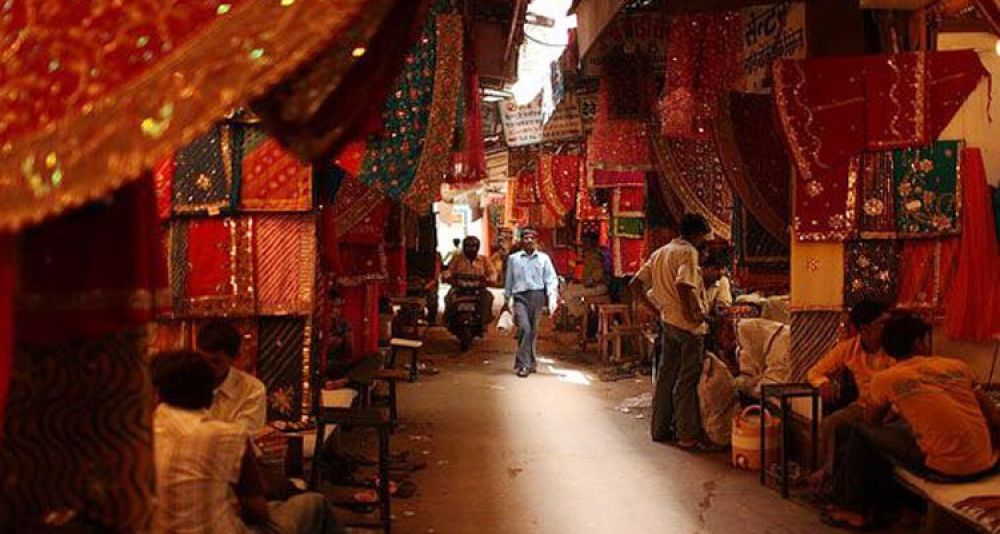

Jaipur, the capital city of Rajasthan in India, is a vibrant amalgamation of history, culture, and modernity. Often referred to as the 'Pink City' due to its distinctively colored buildings, Jaipur has been a hub of tourism since the city's establishment in 1727 by Maharaja Sawai Jai Singh II.
Johri Bazaar, located in the heart of Jaipur, is one of the earliest and most traditional shopping areas of the city, catering to the needs of both locals and tourists for several centuries. The origin of this bazaar dates back to the founding years of Jaipur. It was designed to serve as a commercial hub, with shops lined on both sides of the road, showcasing the city's exquisite craftsmanship.
Over the years, Johri Bazaar gained prominence as a center for precious stones and jewellery, especially dealing with the famous Jaipur gems that are now known worldwide. The tourism history of Johri Bazaar is interwoven with the rise of Jaipur as a preferred destination for foreign and domestic tourists who were, and still are, keen on experiencing traditional Rajasthani hospitality, culture, and of course, shopping.
Johri Bazaar's evolution into a tourism hotspot has been a gradual process. Initially, the bazaar was frequented by traders and merchants. However, post-independence, as India's economy opened up and the government endorsed tourism, Jaipur and Johri Bazaar experienced a significant influx of tourists.
With the rise of cultural and heritage tourism in India, Johri Bazaar started to gain more prominence. By virtue of selling authentic Rajasthani jewellery, fabrics, saris, and handicrafts, the bazaar served as a microcosm of the city's rich heritage. The multi-hued shops, buzzing with skilled artisans and traditional works, have been instrumental in presenting the Rajasthani culture to the world.
In recent years, there has been a noticeable trend among tourists preferring experiences over mere sightseeing. Johri Bazaar, with its immersive shopping experience, has benefited from this trend. Tourists are looking for authenticity, which the bazaar offers in abundance with its heritage shops and local goods.
Sustainable tourism is another trend that has been gaining momentum. Tourists are more conscious of their purchases, leaning towards products that are environmentally friendly and support local communities. Johri Bazaar's smaller boutique shops that sell handcrafted products fit well within this narrative of responsible tourism.
The emergence of social media and digital platforms has also transformed the way tourists experience destinations. With an increased focus on 'Instagrammable' spots and experiential shopping, Johri Bazaar's vibrant landscape, colorful streets, and historical charm cater well to the needs of the modern digital-savvy traveler.
Going forward, the challenge for Johri Bazaar and Jaipur will be to balance modern developmental needs while preserving the traditional essence that has been the cornerstone of its tourism appeal. Efforts need to be made to preserve its historic identity amidst the changing landscape of global tourism.
Johri Bazaar continues to stand as a beacon of traditional commerce in Jaipur, contributing significantly to the city's overall tourism appeal. Its allure lies not just in the products it offers but also in the rich tapestry of culture and history that every street and shop within it carries.